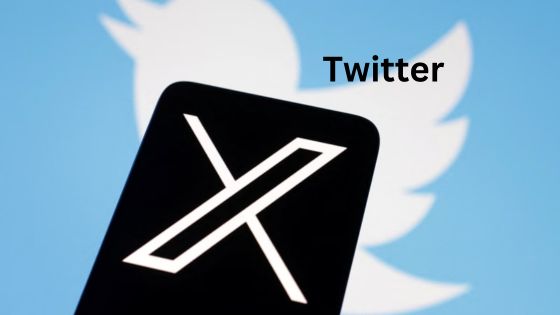It’s mostly more shenanigans from the reformed Twitter app, which continues to make vociferous proclamations about free expression despite not actively supporting it. His stance against directing traffic to competitors makes some business sense, there appears to be a disconnect between being a “free speech absolutist” and regulating what is and is not accessible through his app.


As stated, from a social media marketing perspective, it is essential to be aware of the changes, which may affect your strategy. It appears that X is prolonging load times for links to The New York Times, Reuters, and other media outlets that Elon has frequently criticized in his blog posts.
The Washington Post shared “The delay hampered the t.co domain, a link-shortening service used by X to process every link posted to its website. Traffic is routed through the domain, enabling X to track and, in this instance, throttle activity to the target website, potentially stealing traffic and ad revenue from businesses that Musk dislikes personally.”
Since the publication of these reports, there have been updated reports that the delays have been eliminated, though X has not provided an official explanation for why the delay existed or whether it has been lifted permanently.
It may have been removed, but it is worth noting that links to publishers that Elon dislikes may not perform as well as links to other publishers.
A concise summary of recent publishers that Elon has directly criticized:
- The New York Times
- Reuters
- The Guardian
- BBC
There are numerous others, but as a guideline, based on recent, explicit criticisms, these could be in Elon’s crosshairs for restrictions if X wishes to maintain the status quo in the future.
This is in addition to the recent algorithm updates that have limited the reach of all posts with external connections. Some social media managers are experimenting with methods to circumvent this, such as posting a description of the article along with an image in the first post of a thread, followed by a reply containing a link to the article’s URL. Including an image post and a reply, both of which are amplified by the algorithm, could result in greater reach; however, there is no conclusive evidence as of yet (SMT is experimenting with this strategy).
Links to rival social media platforms are also being restricted, which may be of greater concern to social media administrators.
Musk affirmed that this restriction has not been lifted. All links to competing social media platforms, including Facebook, Instagram, Threads, Bluesky, and Substack, are restricted to some degree within X posts.
According to this tweet, which examines the latest X algorithm code, even untagged mentions of competing apps may incur a reach penalty, so you should presumably avoid linking to other apps whenever possible.
True, it’s not precisely free and open, but as previously mentioned, it’s also not ideal for X to provide what Elon views as free promotion to competitors. You cannot have it both ways, however. You cannot claim that X is the app most aligned with free speech, then limit its accessibility to specific publications and URLs.






















